July 9 in Argentina is independence day. This year without a doubt had special characteristics that resonated in the local and also international press. What seemed at first glance to be a national celebration turned into a strong demonstration from the government.
Without a doubt the huge protest that took place, despite the fact that the country is still in mandatory quarantine, captured major attention. The demonstration was held in 70 Argentine towns in special areas such as squares and emblematic monuments related to the Argentine national symbols. People were brought together not only by the national day, but also around criticism of the current government. The protesters expressed dissatisfaction with the quarantine measures which have already bankrupted countless businesses in the country. The commerce sector and the area of independent workers have been severely affected by having no income, many being forced to terminate their rental contracts. People shouted slogans demanding being able to return to work, asking for freedom, while some spoke out against the “new world order”. The messages have resonated in the press and among government supporters, some accusing the protests of “irresponsibility” and increasing covid-19 cases.
International organizations facing the Latin American crisis
The government has attempted to mitigate this by offering aid of $140 USD, which naturally solved nothing for the small business sector. The Emergency Family Income (IFE) measure was intended only for “informal workers”, that is, those unregulated workers and people who are self-employed. The IFE did help, but was essentially only a band-aid for the situation which ultimately solved nothing. The tax situation in Argentina is significant, the country having some of the highest tax burdens in the world, something which is not reflected in the improvement of the services provided by the State. As if that were not enough, Argentina currently limits the purchase of dollars to citizens to a maximum monthly amount and, in addition, applies a 30% tax for the acquisition of this currency. This is nothing new: this type of monetary isolation was experienced years ago during the government of Cristina Kirchner, however, now it has a special status for relatives and children of the disappeared, who are close to the government, to be able to buy dollars without limits or pay a 30% surcharge like the rest of the Argentines.
To mention just one example, all Argentine workers are taxed for the public health, but ironically, those who make use of it are those who don’t work or pay taxes. There are many other such examples that we could cite to demonstrate that the tax burden is not reflected in the well-being of all Argentines, nor in favoring or promoting strategic areas of the country. We might include within this unease linked to the economy and the expropriation attempts made by the company “Vicentin”; the company has been in default since 2019 for inability to compete in the international market. The Argentine government attempted to expropriate the company and mark this as a political achievement, which had a big impact among Argentines who saw the measure as akin to actions taken by Venezuelan government, which sparked protests. However, once expropriation by the government had been ruled out, a private-state association measure was proposed instead.
Another aspect that has ignited outrage on social networks was the removal of the Argentine flag from a national monument and the placement of an LGBT flag in its place. This measure was widely seen as an act of provocation and a violation of the Argentine Constitution that prohibits the replacement of the national flag by any other flag. The case was made known online when a group of former Malvinas war fighters demonstrated at the monument and tried to remove the LGBT pride flag which was next to a plaque that said that “this flag would fly permanently here”. This immediately mobilized LGBT activists who came to the scene to attack and insult ex-combatants and patriots, and the police had to intervene to avoid confrontations. In the following days the situation continued to heat up because a group of patriots destroyed the plaque. From then on, the mobilizations of patriotic sectors and ex-combatants demonstrated, leading the local authorities to restore the Argentine flag. Of course, this was described as “yielding to the intolerant” by political sectors and the press linked to the left.
To this social unrest, we must add another aspect related to the abuse of police power. Several cases were reported at the country level where the police overstepped their authority to force the population to abide by quarantine measures. The case of Luis Espinoza, a father of 6 children, is particularly notable. Espinoza skipped the quarantine, and was subsequently killed by the police in the city of Monteagudo. Disappearances of citizens who were arrested have also been reported, the case that has the most resonance being that of Facundo Castro in the city of Bahía Blanca, a 22 year-old who violated quarantine to see his girlfriend. Since his arrest at the hands of the police, nothing else was heard from him.
Conclusions
The Argentine case is very significant, going from having historically been the most stable, wealthy and powerful South American state, to becoming one of the most indebted, with a large section of unemployed people, wide-spread insecurity and inability to defend its maritime sovereignty from British usurpation in the Falklands, or to confront illegal Chinese fishing on its coasts.
In domestic politics, President Fernández has been rapidly losing popularity, to the point that even some well-known public figures who supported him before now criticize him. Fernández, who has contradicted himself politically several times, has been lukewarm regarding the problem of Venezuela and failing to convince any sector within Peronism, whether in favor of the Maduro regime, or against it.
At first glance it seems that Argentina is in a very politically and economically unstable moment. Regarding economics, the country has not been able to rise as Fernández promised during his presidential campaign, reaching almost double the devaluation of the Argentine currency before the Covid-19 crisis began. Argentina is expected to have to turn to China for a new financial rescue given impending bankruptcy. The country is stagnating, unproductive and incompetent in economic matters, and, moreover, involved in the continuous fight with the agricultural sector in the attempt to increase taxes. In addition to its well-known agricultural and livestock exporting facet, Argentina has been a well-known exporter of nuclear technology and has built nuclear reactors in various countries of the world, however, at present it has been weakening thanks to China. The Argentine government signed agreements with China to introduce a nuclear plant with full Chinese technology, generating technological dependence in the future. Something similar to what happened in the 19th century with the United Kingdom. This is just one example of many that we could cite from the path that Argentina has been taking in recent years, without technological, political and economic sovereignty.







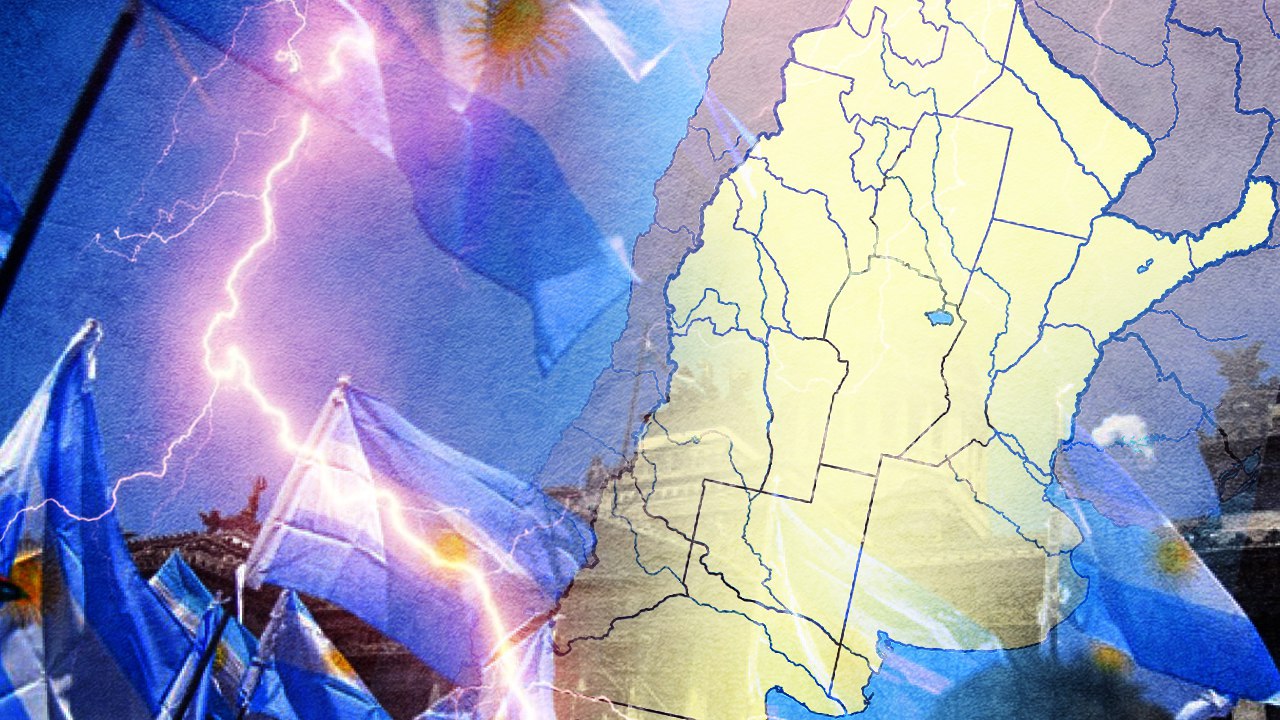

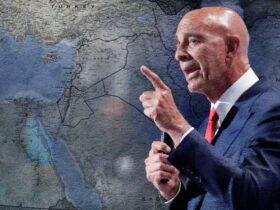

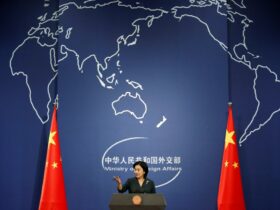
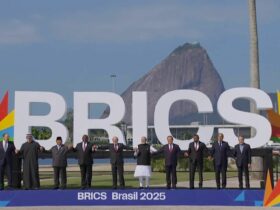


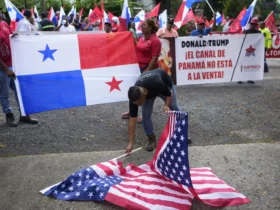

Leave a Reply